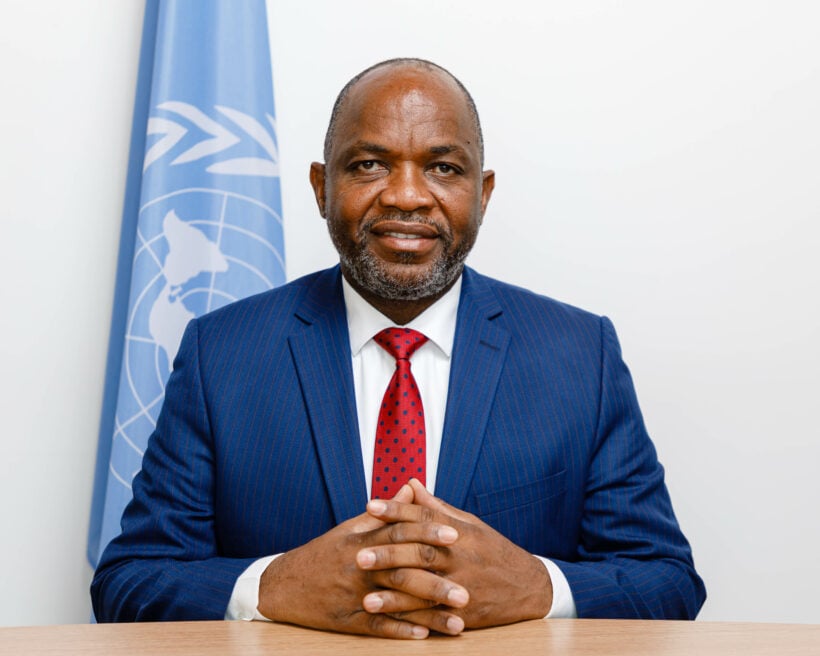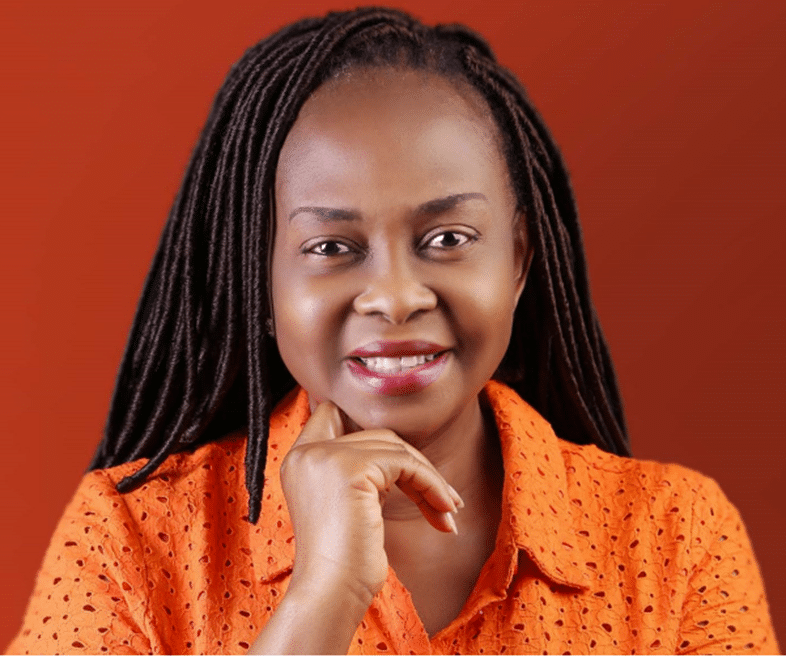
by Dr. Maxime Houinato, UN Women Regional Director for West and Central Africa and Catherine Chinedum Aniagolu-Okoye, Ford Foundation Regional Director for West Africa
Each year, diaspora communities across West Africa send close to $35 billion in remittances back home—fueling education, health care, small businesses, and basic needs for millions of families.
At the same time, philanthropic giving is steadily growing, with local and international actors increasingly recognizing that the most transformative solutions emerge when those closest to the challenges are provided with resources to lead.
Yet, as powerful as these flows are, they remain largely untapped as drivers of structural gender equality.
What if we could shift this paradigm, moving from charitable transactions to strategic, gender- responsive investments that enable women to thrive, lead, and shape the future of their communities?
This is the vision that UN Women and the Ford Foundation are bringing to life as we co-convene the Regional Conference on Sustainable Philanthropy and Remittances for Gender Equality and Women’s Empowerment in Dakar, Senegal, from 2 to 3 June 2025.
Our goal is ambitious but necessary: to spark a new era of collaborative investment and intentional giving that supports women’s economic agency, amplifies grassroots innovation, and strengthens accountability to gender commitments in the region.
Why Remittances Matter for Women
Remittances are more than lifelines—they are private capital with public potential.
Women are often both senders and receivers of remittances. Yet, their role in shaping how this capital is used is frequently overlooked. By linking remittances with women-led cooperatives, community savings networks, and inclusive financial services, we can transform this informal flow into a lever for women’s economic empowerment.
This requires coordinated action—from digital innovation that eases cross-border transfers, to fiscal policies that incentivize gender-responsive uses of remittance funds.
It also requires us to listen and learn from the women on the frontlines: market traders, migrant caregivers, social entrepreneurs, and community organizers whose daily leadership is often invisible yet indispensable.
The Power of Sustainable Philanthropy
Traditional philanthropy, while valuable, often operates within short funding cycles and rigid frameworks. Sustainable philanthropy, by contrast, is rooted in trust, equity, and long-term vision. It puts resources directly in the hands of those leading change—especially Civil Society Organizations (CSOs), grassroots and feminist movements, who continue to challenge injustice in all its forms.
We must rethink how philanthropic capital can be better aligned to developmental needs. The diaspora and high-net-worth African individuals are playing an increasingly critical role in bridging this funding gap.
To the Ford Foundation, philanthropy is more than charity; it is a catalyst to disrupt social injustice by leveraging networks, resources, and expertise for lasting impact. That is why we believe that a multi-stakeholder collaboration involving foundations, governments, high-net- worth Individuals (HNWIs), Africans in the Diaspora and CSOs will create an ecosystem of support that ensures that philanthropy thrives and delivers long lasting impact.
At UN Women, we view philanthropy as a transformative force—one that must be harnessed to confront inequality at its roots and drive systemic change. For us, it is not only about funding programs; it is about shifting power, challenging entrenched norms, and investing in the leadership, agency, and solutions of women and girls across all levels of society. We are committed to scaling feminist and inclusive models that expand choices, safeguard rights, and deliver lasting impact. This means going beyond project cycles to forge enduring partnerships that mobilize resources where they are most urgently needed.
In a region with a robust and longstanding giving culture— including traditional and religious philanthropy — the rise of African philanthropists both at home and in the diaspora, corporate social responsibility and technological advancements further enhance resource mobilization opportunities.
What We Can Do Together
Our partnership is not just symbolic. It is timely and action-oriented. In Dakar, we will launch a shared agenda to:
- Mobilize diaspora capital for women-led development through digital platforms and financial inclusion tools.
- Support the growth of community foundations and gender-responsive investment models in West Africa.
- Create new coalitions among philanthropies, HNWIs, financial institutions, governments, and civil society to drive sustainable, accountable giving.
- These efforts will help address systemic development challenges and forge a collective path to achieving the Sustainable Development Goals (SDGs) by 2030.
We call on all actors—whether you are part of the diaspora, a foundation, a policymaker, or a private citizen—to join us in this movement.
Because when women rise, communities prosper. And when giving is strategic and sustainable, it transforms lives.


